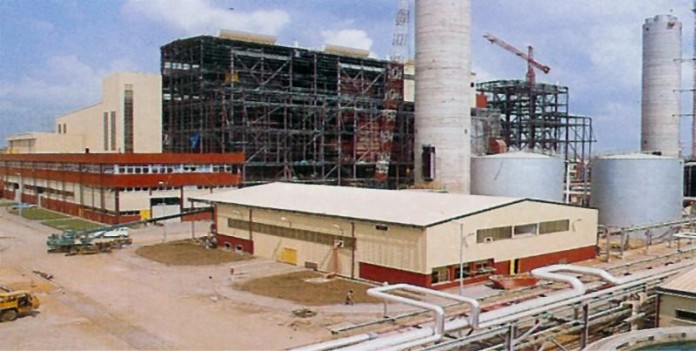Following the recent enactment of the regulation on National Content Development for the Power Sector, the Nigerian Electricity Regulatory Commission (NERC) has raised a high-powered panel to aide implementation of the act.
The local content law in the power sector is expected to create opportunities for Nigerians to participate and benefit from the privatisation of the power sector as part of government’s policy to create jobs through infrastructure projects.
This is coming as NERC spoke of its resolve to ensure strict implementation on its directives that local meter manufacturers should be given first consideration by the nation’s electricity distribution companies.
The Local Content Advisory Board is expected to act in advisory capacity and assist the Commission on matters relating to availability of local content and other policy proposals that may be relevant to local content development in the Nigerian Electricity Supply Industry (NESI).
The eleven members of the panel are drawn from the Standards Organization of Nigeria (SON), Nigerian Labour Congress (NLC), civil society, insurance industry, the Institute of Chartered Accountant of Nigeria (ICAN), fabrication industries, Nigerian Society of Engineers (NSE), Manufacturers Association of Nigeria (MAN), and the Nigerian Bar Association (NBA).
The local content regulation for the power sector, which was exclusively reported by The Guardian earlier in the year, envisages that Nigerian companies are given first considerations for the supply of goods, works and services in the power sector. This regulation flows from the Federal Government policy on Local Content first enunciated in the National Electric Power Policy (NEPP) of 2001, which mandates the regulator to ensure local content in the electricity market in Nigeria.
NERC Chairman, Dr. Sam Amadi, who inaugurated the committee, explained that the regulation “should not be misconstrued as nationalisation but an attempt at deepening Nigerians participation in the emerging electricity industry as well as stem capacity flight in the economy.”
The National Content Regulation, which was enacted by the Commission in December 2014 mandates the Forum to establish a national data bank for national skills development pool and ranking of service companies on capabilities and Nigerian content.
Part 6 (b) of the Regulation stipulates, “Forum shall carry out a survey periodically to determine the local content participation in the power sector.”
“Based on the survey and other considerations, the Forum shall advise the Commission on the benchmark to set as threshold for local content in the power sector and the Commission acting on this advice shall issue directives to licensees from time to time on the threshold for local content.”
It will base its recommendations on such policies that the Federal Government may from time to time issue.
A provision in the part 2 of the Regulation expects licensees of the Commission to develop local content as key components of their general operations and executions of their projects.
Acting in consultation with the advisory board, NERC is expected to now establish a Joint Qualification System (JQS) that will produce the electricity industry data bank for the Nigerian content registration and pre-qualification of contractors in NESI.
The databank will be a source for the verification of contractors’ capacity and capabilities; a source of information in the review of applications of Nigerian content; national skills development pool and ranking of all service companies’ capabilities and their Nigerian content.
Amadi said: “The objective of this regulation is not to nationalise the sector but to create opportunities for Nigerians to participate and benefit from the privatisation of the power sector.






